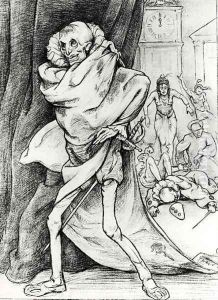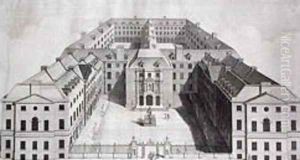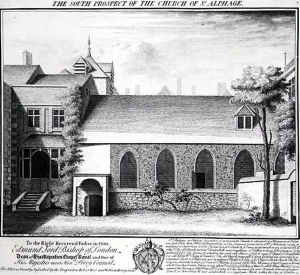Robert West Paintings
Robert West was an Irish painter and draughtsman, born in 1680. His contributions to the art world, particularly within Ireland, have been significant, albeit not as widely recognized as some of his contemporaries. West's early life and training are not thoroughly documented, but it is believed that he had considerable exposure to the art scene in Dublin and possibly received training from established artists of the time.
West's artistic career is noted for his role in the foundation of the Dublin Society's Drawing Schools, which would later evolve into the Royal Dublin Society, an institution pivotal in the development of arts, agriculture, and industry in Ireland. In 1746, he was appointed as the master of the figure drawing school, a position that highlights his proficiency and reputation in the realms of drawing and painting.
Throughout his career, West focused primarily on religious and historical subjects, a common theme among artists of his time, which catered to the tastes and interests of his patrons. His works are characterized by their detailed execution and the emotional depth he brought to biblical and historical scenes. Unfortunately, much of his work has not survived or has been attributed to other artists, making a comprehensive assessment of his oeuvre challenging.
West's influence extends beyond his own creations. Through his role as an educator, he played a crucial part in shaping the early art education system in Ireland. He trained several notable artists, thereby ensuring that his techniques and artistic values were passed down to future generations.
Robert West died in 1770, but his legacy, particularly through his contribution to art education in Ireland, continues to be acknowledged by art historians and educators. While specific artworks by West may not be widely known, his impact on the development of Irish art and education is undeniable.


